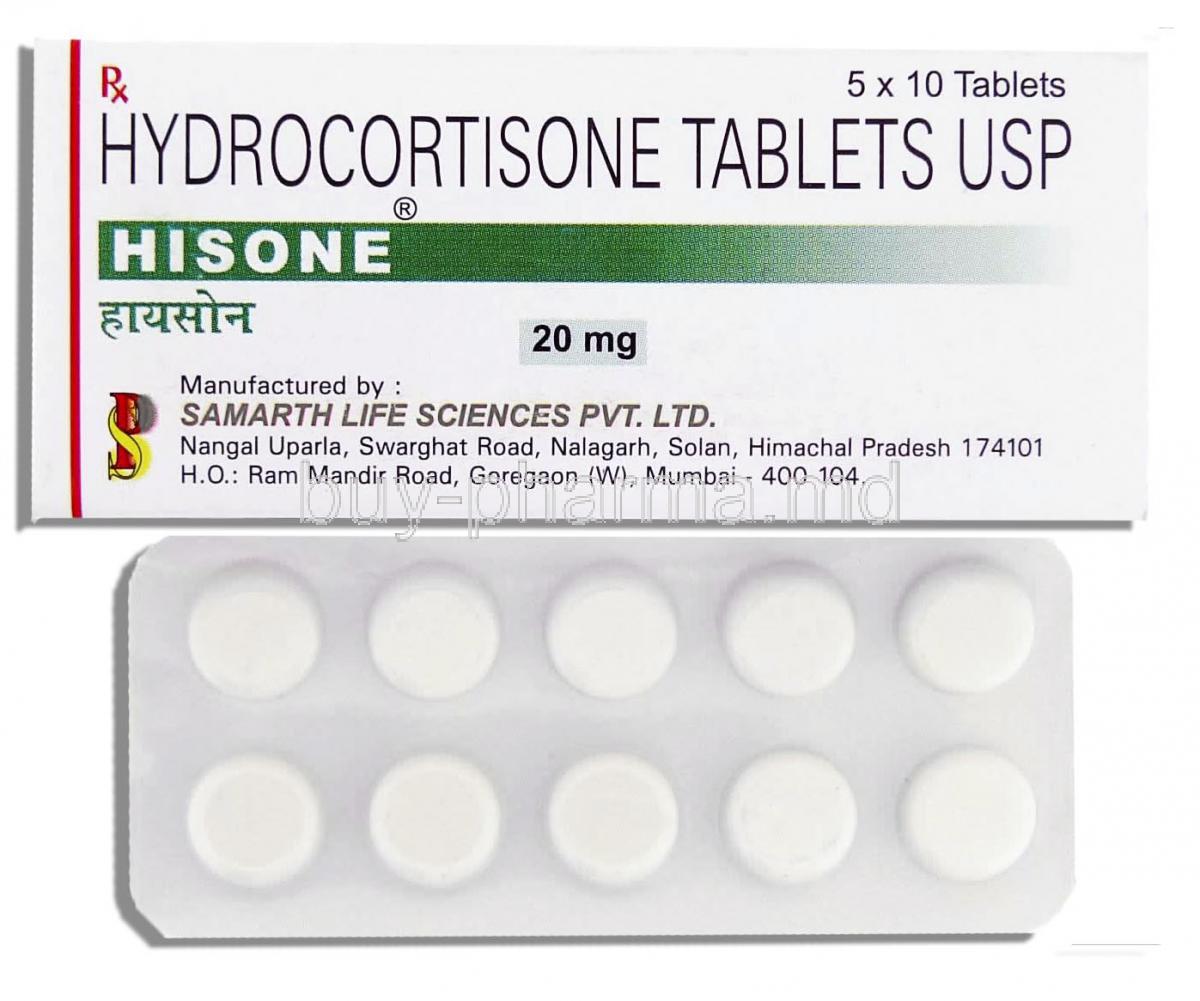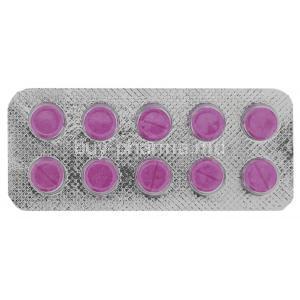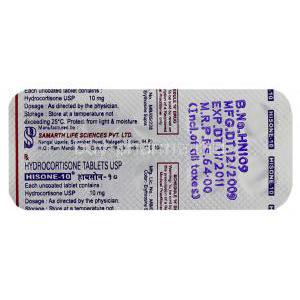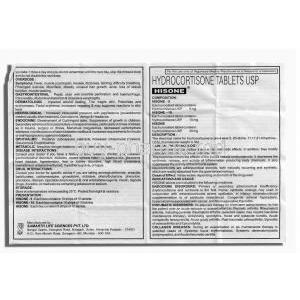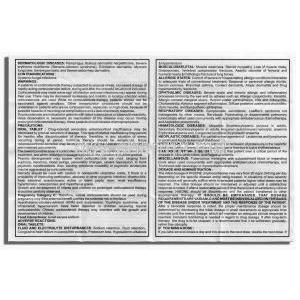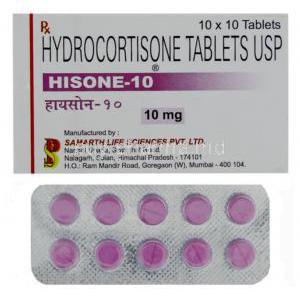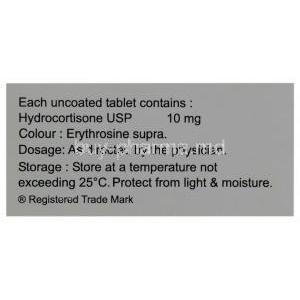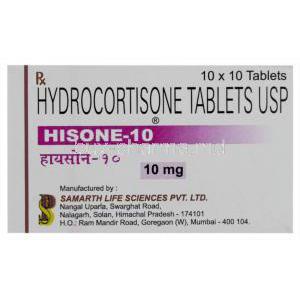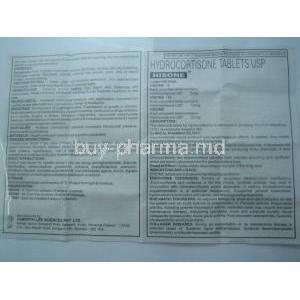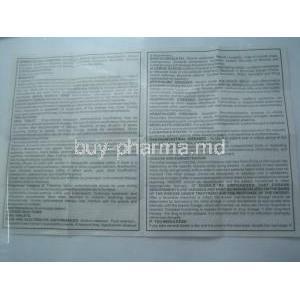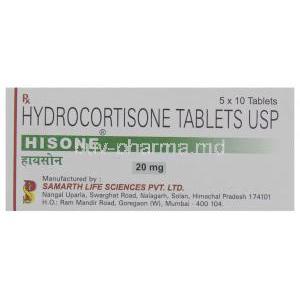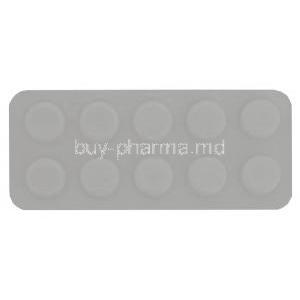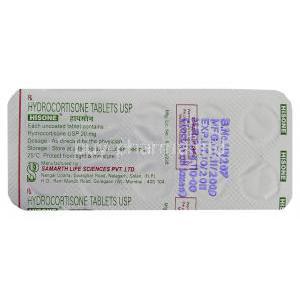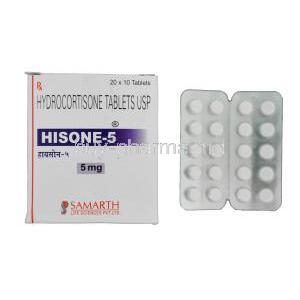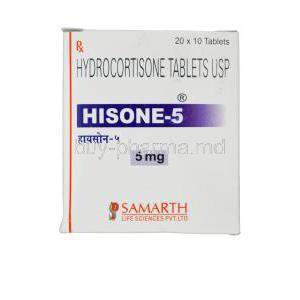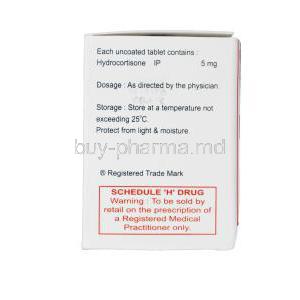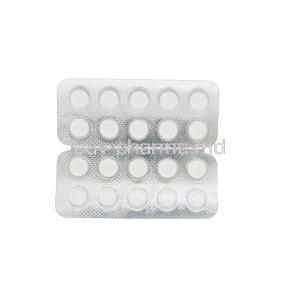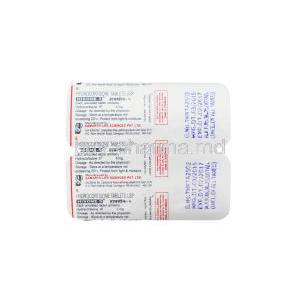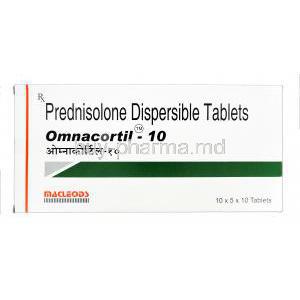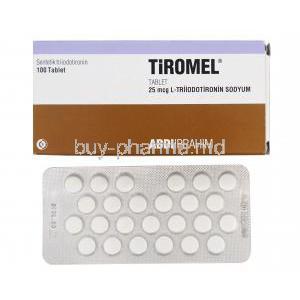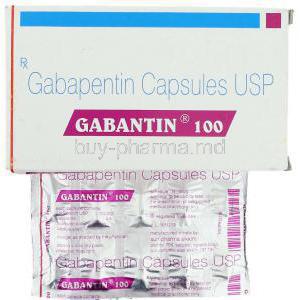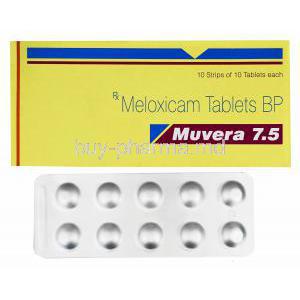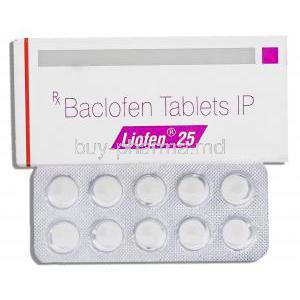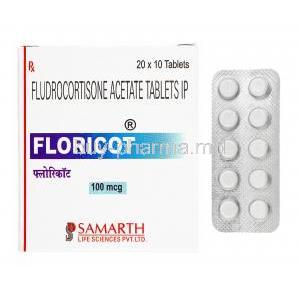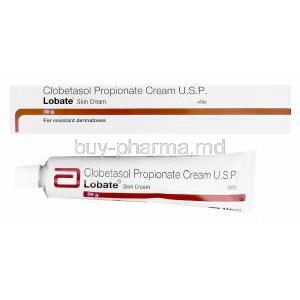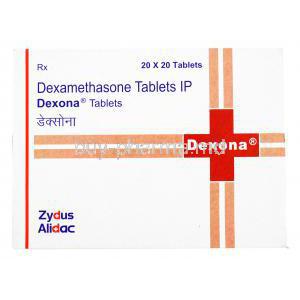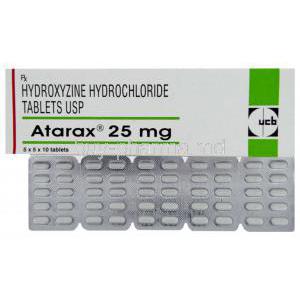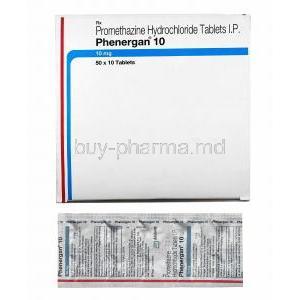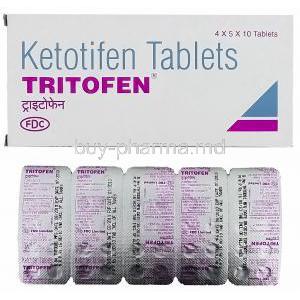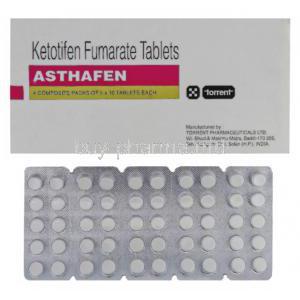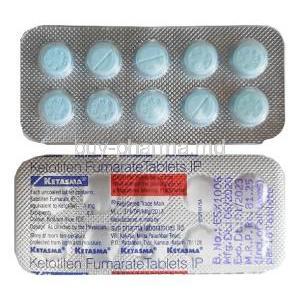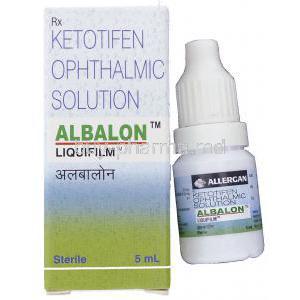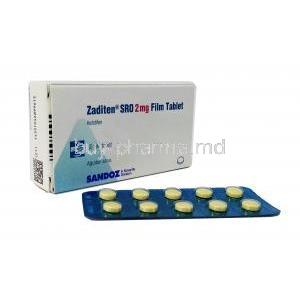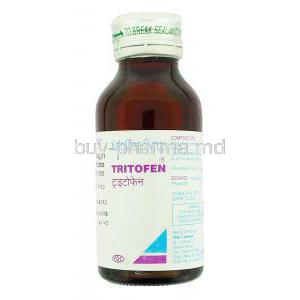Hydrocortisone
- Understanding Hydrocortisone: The Basics
- The Different Forms of Hydrocortisone
- Hydrocortisone and Its Role in Skin Care
- Navigating the Counter: Over-The-Counter Vs. Prescription Hydrocortisone
- Buying Hydrocortisone: Essential Factors to Consider
- Responsible Use of Hydrocortisone: Safety Measures and Precautions
- The Green Light: When to Consult Your Healthcare Provider
- Buy Hydrocortisone today with us at Buy Pharma!
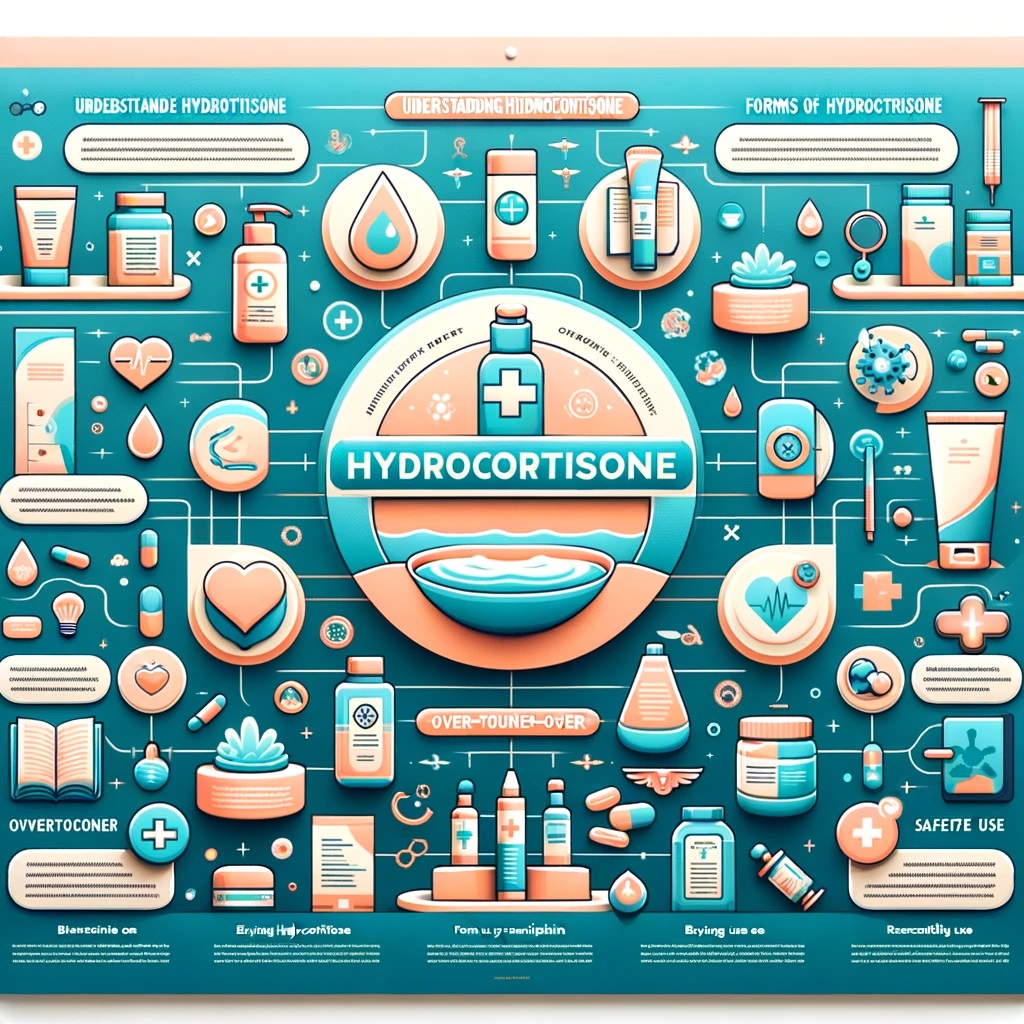
Hydrocortisone
Understanding Hydrocortisone: The Basics
Hydrocortisone is a type of medicine that falls into the category of corticosteroids. It imitates the actions of cortisol, a hormone that our adrenal glands naturally produce. This medicine aids in diminishing inflammation and alleviating symptoms such as redness, swelling, itching, and discomfort. It has a range of uses, from treating skin conditions like eczema or psoriasis to more serious ailments like asthma or rheumatoid arthritis.
How Hydrocortisone Works
- Hydrocortisone has anti-inflammatory properties that can help suppress the body's immune response, thereby reducing inflammation.
- It also acts as a vasoconstrictor, which means it can reduce redness and swelling caused by irritation or injury by narrowing the blood vessels in affected areas.
- In addition to that, hydrocortisone can alleviate itching sensations on the skin's surface, which in turn reduces the likelihood of irritation.
However, it's important to be cautious with usage as incorrect or excessive use may result in undesirable side effects such as thinning of the skin stretch marks, increased hair growth, acne-like breakouts, and changes in pigmentation. To ensure your safety and well-being, it is crucial to follow the recommended dosage and treatment duration prescribed by your healthcare provider.
Forms of Hydrocortisone
Hydrocortisone comes in forms for various purposes. Creams or lotions are commonly used to treat to moderate skin conditions like eczema or insect bites. Ointments, on the other hand, are more suitable for dry skin conditions such as psoriasis because of their thicker consistency. Gels or sprays are convenient when treating scalp issues due to their application process.
Tablets, taken orally, are prescribed for severe health problems like asthma or rheumatoid arthritis that require systemic treatment. Injections, administered under supervision may be necessary in certain cases where rapid relief is needed, such as acute allergic reactions. It's important to understand that hydrocortisone is a medication with the ability to alleviate various ailments.
However, it should be used carefully. According to your healthcare provider's instructions in order to avoid any potential adverse reactions.
In summary, hydrocortisone is a medication that effectively reduces inflammation and associated symptoms like redness, swelling, itching, and discomfort. It can be used to treat a range of conditions – from common skin disorders to more serious health issues like asthma or rheumatoid arthritis. Remember to use it and follow your healthcare provider's guidance in order to minimize the risk of side effects such as thinning of the skin or increased hair growth.
The Different Forms of Hydrocortisone
Hydrocortisone is a medication that comes in various forms to cater to different needs and conditions. It's important to familiarize yourself with the options before purchasing hydrocortisone. Let's delve into the range of hydrocortisone formulations accessible on the market.
Creams and Ointments
Hydrocortisone creams and ointments are widely used to address skin-related problems, including eczema, psoriasis, insect bites, rashes, and irritations. Both over-the-counter and prescription topical hydrocortisone products can be directly applied to the area in different strengths.
Topical Creams:
Quickly absorbed by the skin Perfect for addressing areas of the body or areas with inflammation Comes in different strengths based on the intensity of the condition.
Ointments:
Thicker textures compared to creams; they offer enhanced moisture retention. More suitable, for scaly skin conditions. Frequently employed when a stronger protective layer is required against irritation.
Lotions, Gels, and Sprays
Topicals encompass a range of products, including lotions, gels, and sprays. The distinction between these and creams or ointments lies in their texture and consistency. Lotions, gels, and sprays offer an alternative for addressing scalp conditions or treating hairy body areas when a less oily option is desired. For instance;
- Hydrocortisone Lotion: This formula is lightweight and greasy, making it suitable for skin surfaces.
- ScalpCort Gel: Specifically formulated to alleviate itchiness and inflammation on the scalp.
- Sprays: These provide a convenient solution for application, particularly in hard-to-reach areas. These alternatives offer relief while maintaining ease of use.
Tablets and Injectable Forms
In serious situations, a healthcare professional might recommend hydrocortisone in either oral or injectable form to address severe inflammation, allergies, or autoimmune disorders. While these options are typically reserved for critical circumstances it's important to be aware of their availability;
- Cortef Tablets; These are used to replace cortisol hormone deficiency caused by issues with the glands like Addison's disease.
- Hydrocortisone Injection; Administered directly into muscle tissue or veins during emergencies such as anaphylactic shock or acute asthma attacks.
Understanding the forms of hydrocortisone is crucial in ensuring appropriate treatment, for your specific condition. Always consult your healthcare provider before using any form of this medication to ensure effective usage.
Hydrocortisone comes in forms that cater to different needs and conditions. The common form is topical creams and ointments designed for skin-related problems. However depending on the severity of the condition healthcare providers may prescribe lotions, gels, sprays, tablets, or injectable forms. It's essential to consult your healthcare provider before using any form of this medication to ensure its effective use.
Hydrocortisone and Its Role in Skin Care
Hydrocortisone is a purpose medication that has a crucial role in taking care of the skin. It helps alleviate a range of skin conditions by reducing inflammation, itchiness, and redness caused by factors such as eczema, psoriasis, insect bites, rashes, and irritations.
Eczema Treatment
Eczema, which is also referred to as dermatitis or contact dermatitis, is a prevalent skin condition that involves inflammation and manifests as dry and itchy patches of irritated skin. The use of creams can aid in diminishing inflammation and offering temporary relief from the itchiness associated with eczema. On the other hand, managing psoriasis primarily focuses on controlling the excessive growth of skin cells.
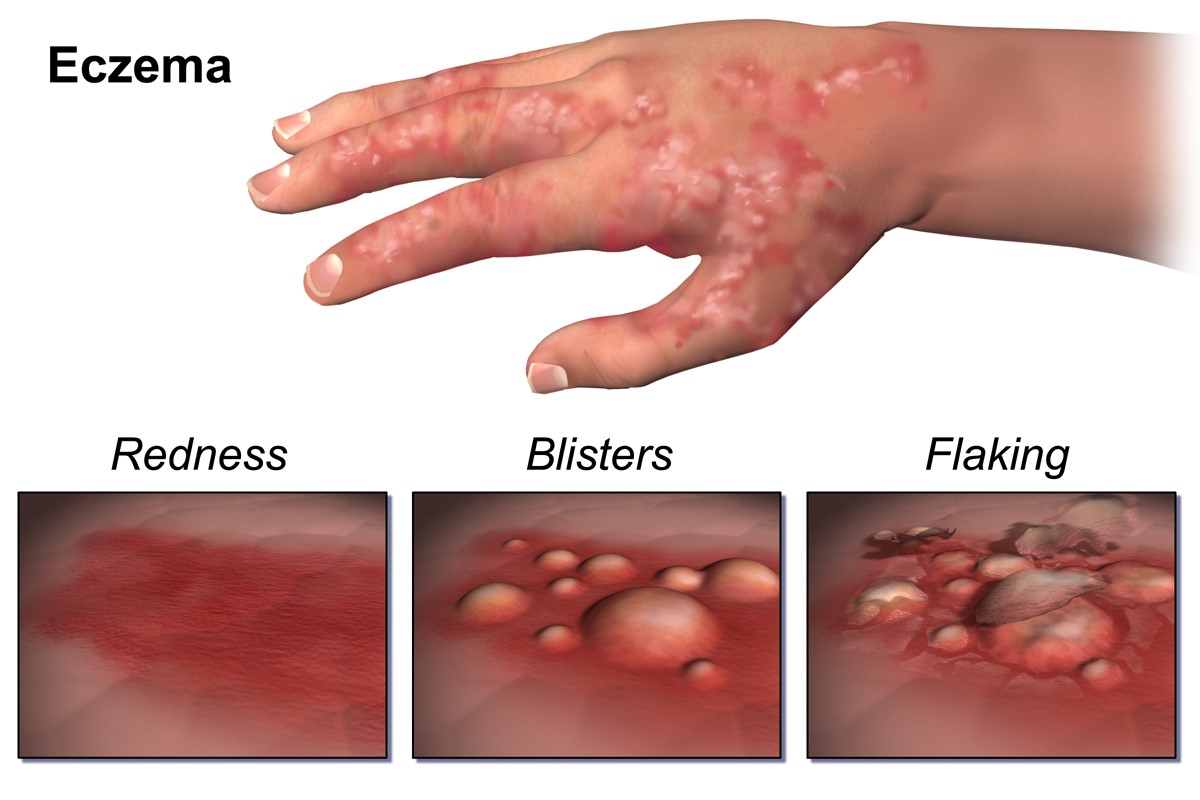
Psoriasis Management
Psoriasis, a disorder is characterized by the rapid growth of skin cells on the surface of your skin. This leads to the formation of scales or plaques that can cause discomfort and itchiness. Although hydrocortisone is not usually prescribed for cases of psoriasis due, to its relatively mild potency compared to other prescription corticosteroids it may offer some relief when applied topically for milder forms of the condition.
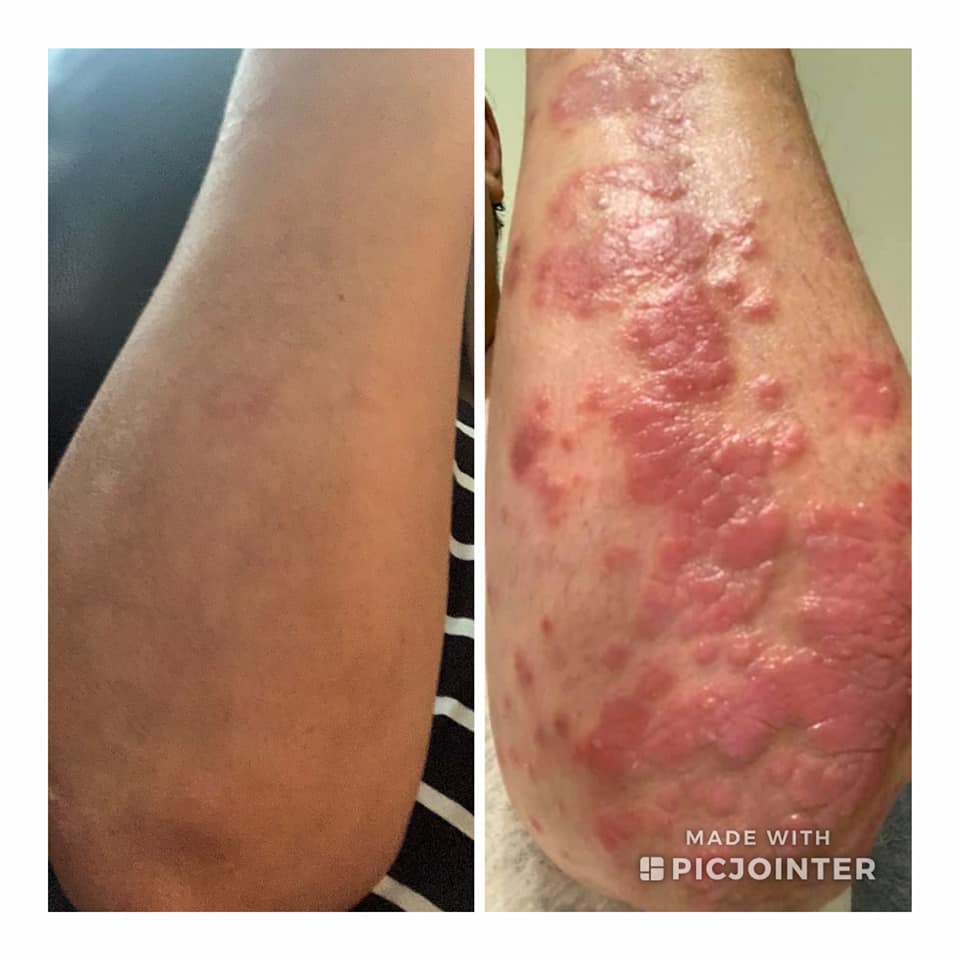
Bug Bites Relief
When you get bitten by mosquitoes, hydrocortisone can be helpful in reducing the swelling and itchiness that come with it. If you happen to get stung by a bee, applying cream can help ease the pain and reduce the swelling, but make sure to remove the stinger first. Hydrocortisone may also provide relief for bites from insects, like ants or spiders helping to alleviate itchiness and inflammation.
Rashes and Irritations
Hydrocortisone has proven to be effective in alleviating the discomfort caused by reactions, exposure to chemicals or plants, and sunburn-related skin inflammation. Its mechanism involves soothing the system response that leads to redness, itching, and swelling. It is crucial to seek advice from a professional before applying hydrocortisone on broken skin or open wounds.
Apart from these known uses of hydrocortisone in skincare treatments, this medication can also be prescribed for other purposes under medical supervision.
- For instance, it can help manage dermatitis (commonly known as dandruff) on the scalp or provide relief for symptoms associated with autoimmune disorders like lupus erythematosus.
- It can soothe perianal itching caused by hemorrhoids or anal fissures.
To ensure the use of hydrocortisone products tailored to your specific needs, it is important to consult with your healthcare provider before initiating any treatment regimen. They will guide you on dosages and application methods based on the severity of your condition while considering potential side effects or contraindications that may arise during therapy sessions.
Hydrocortisone serves as a medication for treating various skin conditions such as eczema, psoriasis, bug bites, rashes, and irritations. By reducing inflammation and relieving itchiness triggered by these conditions temporarily, it offers needed relief. However, always prioritize consulting with a healthcare professional before commencing any treatment plan to ensure the safe usage of hydrocortisone products tailored specifically to your requirements.
When purchasing hydrocortisone, it's important to understand the distinction between over-the-counter (OTC) and prescription options in order to ensure treatment. Let's delve into these differences and gain some insights on when it's advisable to seek guidance.
Over-The-Counter Hydrocortisone
You can easily find over-the-counter (OTC) products like creams and ointments at drugstores and pharmacies without needing a prescription. These OTC hydrocortisone products have concentrations (0.5%. 1%) compared to prescription versions, which makes them suitable for treating mild skin conditions such as eczema, insect bites, poison ivy rashes, or contact dermatitis.
It's generally safe for most people to use OTC hydrocortisone according to the instructions on the package. To use it simply apply a layer of cream or ointment directly onto the affected area up to four times per day unless your healthcare provider advises otherwise.
Keep in mind that prolonged usage of OTC hydrocortisone should be avoided without consulting a doctor, as it could potentially lead to side effects. It is recommended not to use it for more than seven days.
Prescription Hydrocortisone
On the side, hydrocortisone products that require a prescription, such as tablets, injectables, and topical treatments, are not available over the counter. These prescription-strength hydrocortisone options, typically containing 2.5% or higher concentrations, are reserved for treating skin issues that don't respond to prescription alternatives.
Safety-wise, it's important to note that using prescription hydrocortisone should be done under the guidance of a healthcare professional due to side effects and interactions with other medications. Determining the dosage of prescription-strength hydrocortisone will be based on your specific condition, medical history, and overall health status as evaluated by your doctor.
To ensure effectiveness and monitor for any reactions, regular follow-up appointments with your healthcare provider may be necessary when using prescription-strength hydrocortisone.
When To Consult Your Healthcare Provider
It's important to seek advice from your healthcare provider before making a purchase. They can help determine which type of product is most suitable for you based on your symptoms and provide professional guidance on treatment options. If you've been using an over-the-counter (OTC) product for seven days without improvement or if your symptoms worsen, such as increased redness or swelling, it's crucial to reach out to your healthcare professional for guidance.
In summary, when purchasing hydrocortisone, it's essential to understand the distinction between OTC and prescription options. OTC products are suitable for skin conditions, while prescription-strength hydrocortisone is reserved for moderate to severe cases that do not respond well to OTC alternatives.
If you're unsure or experiencing worsening symptoms after seven days of use, consult your healthcare provider.
Buying Hydrocortisone: Essential Factors to Consider
When choosing hydrocortisone, it is important to consider the factors that may affect how well it works and how safe it is. Here are a few key things to remember;
Brand vs. Generic Products
There are brand names and generic alternatives of hydrocortisone that you can find. Although both types generally have active components, there might be variations in the inactive ingredients or manufacturing methods. Make sure to read the labels and select a trustworthy brand or generic option that suits your requirements.
Expiry Dates
Expired hydrocortisone can become less effective or even potentially harmful if used after its expiration date. Therefore it is important to check the expiration date before purchasing hydrocortisone.
Packaging Integrity
When purchasing hydrocortisone it is important to check the packaging for any signs of tampering or damage. This ensures that the medication is safe and free from contamination, during storage and transportation.
OTC vs. Prescription Strengths
Over-the-counter (OTC) hydrocortisone creams typically have concentrations ranging from 0.5% to 1% and are recommended for treating mild to moderate skin conditions. On the other hand prescription-strength hydrocortisone creams contain higher concentrations, around 2.5%, and are specifically meant for more severe or persistent skin problems, with the guidance of a healthcare provider. It is important to consult with a professional to determine the appropriate strength based on your specific needs and their advice.
Allergies and Sensitivities
Make sure to check the list of ingredients before buying any product to see if you have any known allergies or sensitivities. Some products may have components, such as fragrances, preservatives or other substances that could potentially trigger an allergic reaction or cause irritation in individuals who are sensitive.
Storage Conditions
When you purchase hydrocortisone, it is crucial to take into account certain factors. These include choosing between brand name and generic products, checking expiry dates and ensuring the packaging is intact, considering the difference between over-the-counter (OTC) and prescription strengths, taking note of any allergies or sensitivities you may have, and providing storage conditions.
By considering these aspects, you can obtain a treatment option for your needs that is both safe and effective.
Responsible Use of Hydrocortisone: Safety Measures and Precautions
To ensure hydrocortisone is used effectively and with minimal side effects, it is important to follow responsible usage guidelines. This section provides information on dosage recommendations, potential risks, interactions, contraindications, and safety precautions to consider when using this medication.
Dosage Guidelines
Make sure to follow the instructions given by your healthcare provider or those mentioned on the product label regarding the correct dosage information. Use creams or ointments thinly on the affected area as directed by a healthcare provider, 1 4 times a day for up to 7 days.
The number of tablets or injectable forms of hydrocortisone to be taken may differ depending on individual factors like age, weight, the specific medical condition being treated, and severity of symptoms. If you are unsure about the dosage or frequency of use, it's advisable to consult a healthcare professional.
Possible Side Effects
When using oral/injectable hydrocortisone, you may experience side effects such as skin irritation, headaches, or dizziness. Although uncommon, there are serious side effects to be aware of. These include reactions like rash, hives, or swelling; changes in mood like depression or anxiety; vision problems such as blurred vision or seeing grey spots; and an increased risk of infections or the worsening of existing infections due to a weakened immune system response. If you notice any of these symptoms while using products, it is important to contact your doctor immediately for assistance.
Interactions/Contraindications
Certain medications and health conditions can potentially have an impact on hydrocortisone, which may result in the possibility of reactions or a decrease in its effectiveness. Some examples include diabetes medications, blood thinners like warfarin, certain antibiotics such as ciprofloxacin and rifampin, and immunosuppressants like cyclosporine.
If you are currently taking any prescription or over-the-counter medications, it is important to inform your healthcare provider before using products. Additionally, individuals with medical conditions like diabetes, liver disease, or high blood pressure should consult their doctor before using hydrocortisone.
Safety Measures
To ensure the responsible use of hydrocortisone while minimizing potential risks, it is important to keep the following in mind;
1. Avoid applying products on any broken skin or open wounds.
2. Unless specifically instructed by a healthcare professional, do not cover treated areas with bandages.
3. After applying hydrocortisone, make sure to wash your hands to prevent accidental ingestion or contact with your eyes or mucous membranes.
4. Always adhere to the recommended dosage guidelines. Follow the necessary safety measures when using hydrocortisone products.
5. If you experience any reactions, seek immediate medical assistance. Consulting a healthcare provider is crucial for ensuring effective treatment.
When using hydrocortisone, it is vital to follow the recommended dosage guidelines and safety precautions in order to minimize side effects such as skin irritation, headaches, or dizziness. It's also important to consult healthcare before use if you are taking other medications or have certain medical conditions that may interact with hydrocortisone.
The Green Light: When to Consult Your Healthcare Provider
However, there are situations where it is important to take extra precautions before using hydrocortisone. It is crucial to seek advice from your healthcare provider when dealing with children during pregnancy for long-term usage or if you have any specific concerns.
Children and Hydrocortisone
When deciding if hydrocortisone is safe for children, it's important to take into account their strength and age. Over-the-counter creams are generally safe to use for a period in older children, but it's best to consult a pediatrician before using them on infants. If you need prescription strength products or if the condition is more severe, always seek advice from your child's healthcare provider before starting treatment.
Pregnancy and Hydrocortisone
Suppose you're expecting a baby or thinking about getting pregnant in the future. In that case, it's essential to have a conversation with your doctor beforehand regarding any medications you may be taking, including over-the-counter options such as hydrocortisone cream. Although topical corticosteroids are generally considered safe during pregnancy, it's still vital to use them under the guidance of medical professionals.
Breastfeeding Considerations
It's important for breastfeeding mothers to be careful when using products because there is a possibility that small amounts of it can pass into breast milk. It is recommended to consult your healthcare provider before using hydrocortisone while breastfeeding and follow their advice on how to use it.
Long-Term Use of Hydrocortisone
Using hydrocortisone for a period can have certain side effects like thinning of the skin stretch marks or in some cases, absorption into the bloodstream. If you need to use hydrocortisone for a time to manage a chronic condition such as eczema or psoriasis, it's crucial to work closely with your healthcare provider. They will monitor your progress. Make necessary adjustments to the treatment plan in order to minimize any potential risks.
Other Medical Conditions and Medications
Before you start using treatment, it's crucial to inform your doctor about any existing medical conditions or medications you're currently taking that could potentially interact with the medication. Certain health issues like diabetes or glaucoma may be influenced by the use of corticosteroids. Therefore it is always recommended to consult a healthcare before initiating the treatment.
In summary, while over-the-counter hydrocortisone products can bring relief for common skin irritations and inflammations without requiring a prescription, there are specific situations where seeking advice from a healthcare provider is necessary. By seeking guidance when needed and following proper guidelines for the responsible use of hydrocortisone products, you'll ensure the best possible outcome for yourself and those under your care.
Hydrocortisone has the potential to alleviate skin conditions. However, it's essential to consult a healthcare provider before using it in circumstances like with children during pregnancy or breastfeeding and for long-term use.
Additionally, consider medical conditions and medications before starting hydrocortisone treatment. By seeking advice from professionals when required and adhering to guidelines for responsibly using hydrocortisone products, you'll guarantee optimal results for yourself and those in your care.
Buy Hydrocortisone today with us at Buy Pharma!
Relieve Itching and Inflammation with Hydrocortisone; Before making a purchase of hydrocortisone, it's essential to understand the basics of this medication that effectively treats various skin conditions. Hydrocortisone is available in forms and strengths, both over the counter and prescription, so it's crucial to select the appropriate one for your specific needs.
When buying hydrocortisone, always carefully read the label to ensure that you are getting the product with the correct ingredients and concentration levels for your particular skin condition. Remember to use hydrocortisone by following safety measures and precautions to avoid any potential side effects. If you have any concerns or experience any side effects, promptly consult your healthcare provider for assistance. For detailed information on hydrocortisone and its applications, reliable sources, like the Mayo Clinic or WebMD, can provide valuable insights. You can conveniently make your purchase from Buy Pharma today!
Hydrocortisone FAQ
- Hydrocortisone cream
- Hydrocortisone cream 2.5
- Hydrocortisone cream USP 2.5
- Hydrocortisone 1 cream
- Hydrocortisone ointment
- What hydrocortisone cream used for
- Hydrocortisone suppository
- Hydrocortisone steroid
- Hydrocortisone cream uses
- Hydrocortisone side effects
- Hydrocortisone cream for hemorrhoids
- Hydrocortisone hemorrhoid cream
- Hydrocortisone tablets
- Hydrocortisone ointment 2.5
- Hydrocortisone hemorrhoids
- Hydrocortisone 1
- Hydrocortisone cream for face
- Hydrocortisone for eczema
- Hydrocortisone eczema
- Hydrocortisone acetate
- Hydrocortisone diaper rash
- Hydrocortisone sunburn
- Hydrocortisone for acne
- Hydrocortisone acne
- Hydrocortisone ointment USP 2.5
- Hydrocortisone on eyelid
- Hydrocortisone in eye
- Hydrocortisone eyelid
- Hydrocortisone cream CVS
- Hydrocortisone OTC
- Hydrocortisone IV
- Hydrocortisone stress dose
- Hydrocortisone oral
- Hydrocortisone for psoriasis
- Hydrocortisone hives
- Hydrocortisone suppository for hemorrhoids
- Hydrocortisone hemorrhoid suppositories
- Hydrocortisone suppository OTC
- Hydrocortisone over the counter
- Hydrocortisone drops for ears

